Call for Papers – The IIIrd Annual Conference of the Romanian Centre for Russian Studies

War in Ukraine. What Does the Future of Central and Eastern Europe Look Like?

War in Ukraine. What Does the Future of Central and Eastern Europe Look Like?

FNI Research Professor Davor Vidas chaired the Committee on International Law and Sea Level Rise at the 81st Biennial Conference of the International Law Association (ILA) held in Athens, Greece, 25-28 June 2024 and presented the final report which concludes the 12-year work of the Committee that started in 2012.

New article in Marine Policy explores the complex geopolitical landscape of Svalbard.

A new study by Lars H. Gulbrandsen, FNI’s research director for climate and energy, shows that Norway faces significant challenges in implementing the EU Land Use, Land-Use Change and Forestry (LULUCF) regulation.

The EU's network codes were designed to harmonize market rules across the common market. However, these codes allow for some regional variations in implementation. A recent study by the INC research project investigates how these differences, particularly in flow-based coupling and the 70 % rule, might affect market efficiency.
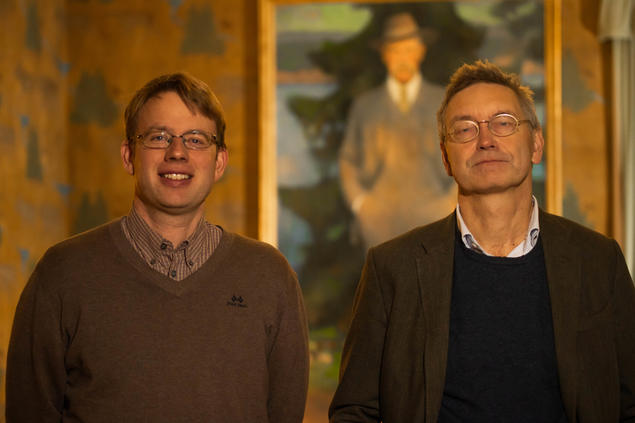
Two FNI researchers among the World's Most-Cited Scientists

The Arctic Congress will gather over a thousand participants in Bodø, Norway, from 29 May to 3 June 2024.
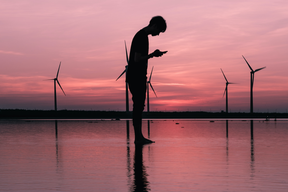
Are low-carbon futures decentralised? Visions and praxis in governing collective electric systems.
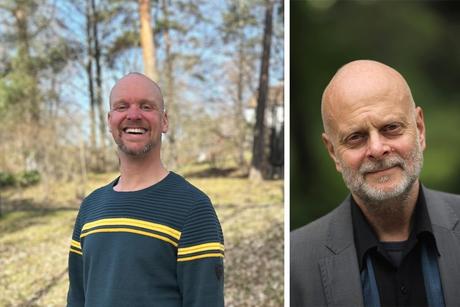
FNI will examine policies and regulations to ensure a secure, resilient, and sustainable electricity grid.

Siddharth Sareen, known for his productivity and high-quality work, is set to join the FNI team. Moreover, it has just been announced that he is the winner of the prestigious Nils Klim Prize 2024 for outstanding contributions from younger researchers.
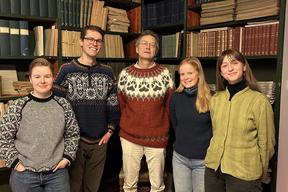
‘We need young blood, academically but not least socially. As far as I am aware, we have yet to host a student who has not benefited from this experience. It's a win–win situation’, says FNI director Iver B. Neumann.
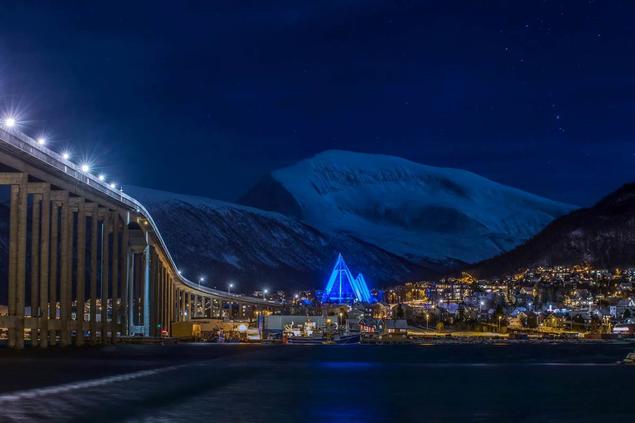
Arctic Frontiers is an international conference focusing on Arctic issues that takes place in Tromsø, Norway, from 29 January to 1 February 2024. The conference hosts participants from academia, politics, government, and business. With this year's theme, “Actions & Reactions”, the Fridtjof Nansen Institute (FNI) is set to play a key role in various side events, bringing our expertise to the forefront of Arctic discussions.

‘FNI has much to contribute when it comes to analysing China's ambitions, Russia's attempts to gain recognition on a par with the USA and China, and, most importantly, the unfolding geopolitical dynamics in the Arctic’, says FNI Director Iver B. Neumann.

Did you miss the CSIS Arctic Geopolitics Webinar this week? Watch it now, and gain insights from top scientists, including Andreas Østhagen, Marisol Maddox & Max Bergmann on critical Arctic issues, with a special focus on Svalbard.
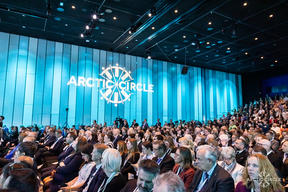
A delegation from the Fridtjof Nansen Institute (FNI) is gearing up for the Arctic Circle Assembly 2023 in Reykjavík, Oct 19–21, 2023.
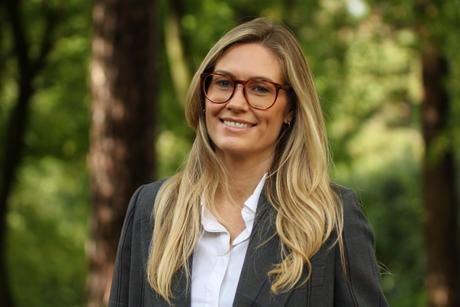
With her strong background in environmental policy and recent work in aquaculture politics, Dr Vormedal's well-deserved recognition marks a significant career milestone.
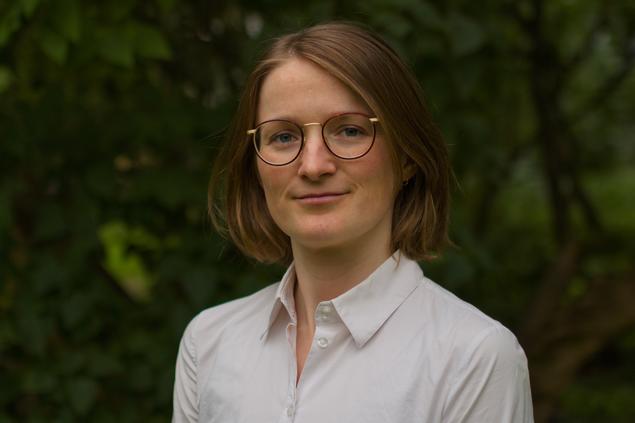
FNI researcher Torbjørg Jevnaker is ready for her doctoral thesis defense. She has been studying how European Union Agencies organise External Relations.

At the Global Symposium on Farmers’ Rights held in New Delhi, 12–15 September 2023, FNI’s Regine Andersen contributed with an introduction on historical perspectives on the international negotiations on farmers’ rights under the FAO. The symposium was inaugurated by the President of India.
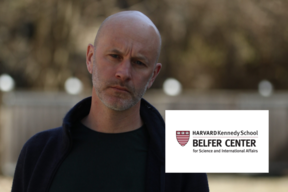
Recently, FNI's Svein Vigeland Rottem visited the Belfer Center at Harvard University. He participated in an expert panel and contributed to organizing a workshop for the Norwegian leadership of the Arctic Council.
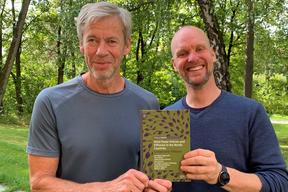
Exploring Wind Power Policies and Diffusion in the Nordic Context: A New Book.